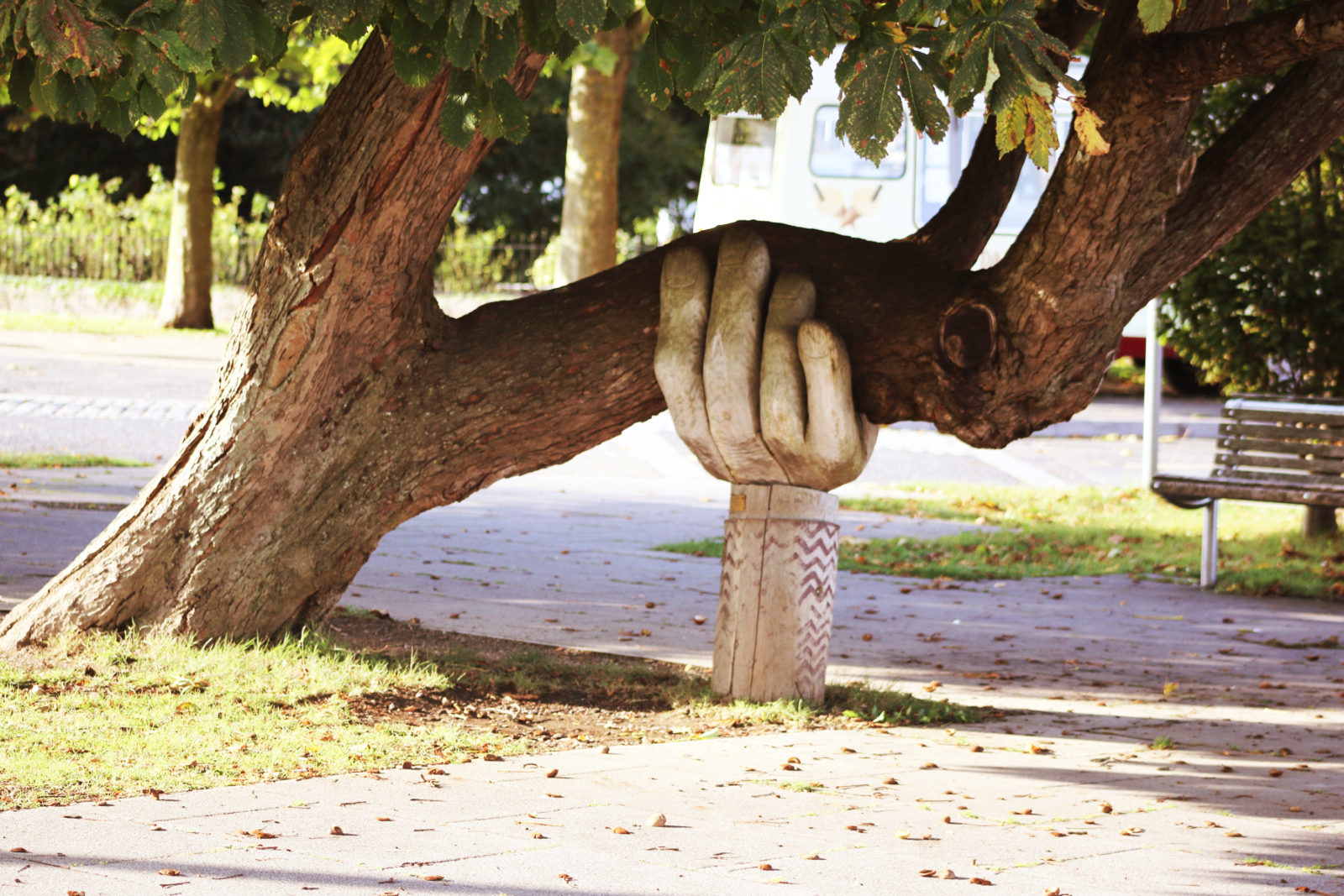I guess I’m kind of jumping around through the topic of discernment this month, but hey, I didn’t promise good flow. If I turn this month-long project into an ebook, I’ll work on that. But for today, I’m jumping to another idea, a simple principle of discernment.
I Can’t Do It
After “discernment is boring” or “It takes too much work,” a basic concern about the discerning life that not everyone can do it.
Too many women, too many Christian woman, are afraid to dig in to what feels like a big, deep, philosophical mud puddle because they don’t think they’re smart enough or well-enough equipped. Or maybe someone told them they couldn’t do it. Or that women shouldn’t.
I don’t really know what holds you back from discernment, but I am absolutely certain that you can do it. The discerning life is not beyond you. This is something you can do. I promise.
Simple Principles of Discernment
The biggest roadblock, I believe, is that we try to take on too much at once.
Maybe we try to evaluate every single song on the radio. Or read thirteen of the deepest books we can find on theological, eschatological, or philosophical topics. (How’s that for some big words?)
We do this because we think that discernment is always complex. Super hard. And make-your-brain-hurt complicated.
But it’s not.
The basic principles of discernment are very simple. If you want to, you can get all complicated and theoretical as you get better at the discerning life, but in truth, a few simple principles will enable you to meaningfully engage with most of the real, messy life we actually live.
Babies And Bathwater
The first simple principle is “don’t throw the baby out with the bathwater.”
I guess the phrase comes from when everybody bathed in the same pan of water from oldest to youngest. And if you wash the baby in the dirtiest of water and aren’t careful, you might lose sight of him and toss him out with the waste. Not cool.
And the idea is, of course, that we don’t want to get rid of what is good and valuable because it’s mixed in with what isn’t. It’s true for babies. And it’s true for truth as well.
What makes this a good principle of discernment is that it simplifies your perspective right up front. You can do a quick consideration or comparison of the song or message or idea to the Bible, to what you already know of God, and skim off anything that doesn’t automatically work.
If it makes God out to be angry or flighty or untrustworthy, it’s false. Get rid of it. No questions, no worries. Dump the bathwater, but keep the baby.
This is about keeping it simple. It’s a quick evaluation, not a full one. There will be more work to do. You’ll need to go back through what you didn’t dump immediately and think your way through it.
But since you’ve thrown out all the bathwater, what is left is much closer to the truth to begin with. And it’s a much smaller amount of information to sort through and consider.
Keeping Treasure
When I was newly into the trenches of motherhood (my twins weren’t very old), I read a parenting book by a lady named Rachel whose last name I can’t recall anymore.

Overall, I did not like the book. The tone was condescending and harsh. Her response in each chapter was basically, “So if you feel as I’ve just described, too bad. Suck it up and submit yourself to God. He’s called you to motherhood, so get over yourself.”
I wasn’t impressed. BUT, there were 2 pieces of gold in that book that I’ve carried with me through all of my parenting.
- First, when an argument broke out between their children, they purposely helped their girls focus on the sister and not the toy. It’s so easy to simply hand the toy back to the first child or scold one for taking it from the other. But the real issue was that the thing had become more important than the person. That stuck with me.
- And second, she described Boys as asking the question, “Am I enough?” And girls as asking the question, “Am I valuable?” That idea changed how I spoke to my kids forever. I found ways to tell my boys that they’re strong enough, big enough, capable enough, _________ enough. And I’ve worked to delight in my daughters, to express their value for who God made them. Contrasting the question of their heart that way gave me a tool to be a better parent.
I’ve kept those two ideas in my parenting arsenal since I finished that book. But I forgot the rest of it so completely that I can’t even remember the title or author’s last night. That’s what this principle is all about.
Keep Only What’s Best
This simple principle of discernment gives us the freedom to keep what is best and dump everything else. We are not obligated or even benefited from trying to remember or hold onto everything we read, see, or hear.
So do a quick sort. Consider what you’re evaluating against the five basic anchors and dump what doesn’t match.
It’s okay to keep only what’s best. It’s okay to find the treasures in our books and songs and podcasts and let God weave them into our lives and marriages and parenting and whatever.
This is the first simple principle of discernment. And it’s one of the most effective and powerful principle of all.



